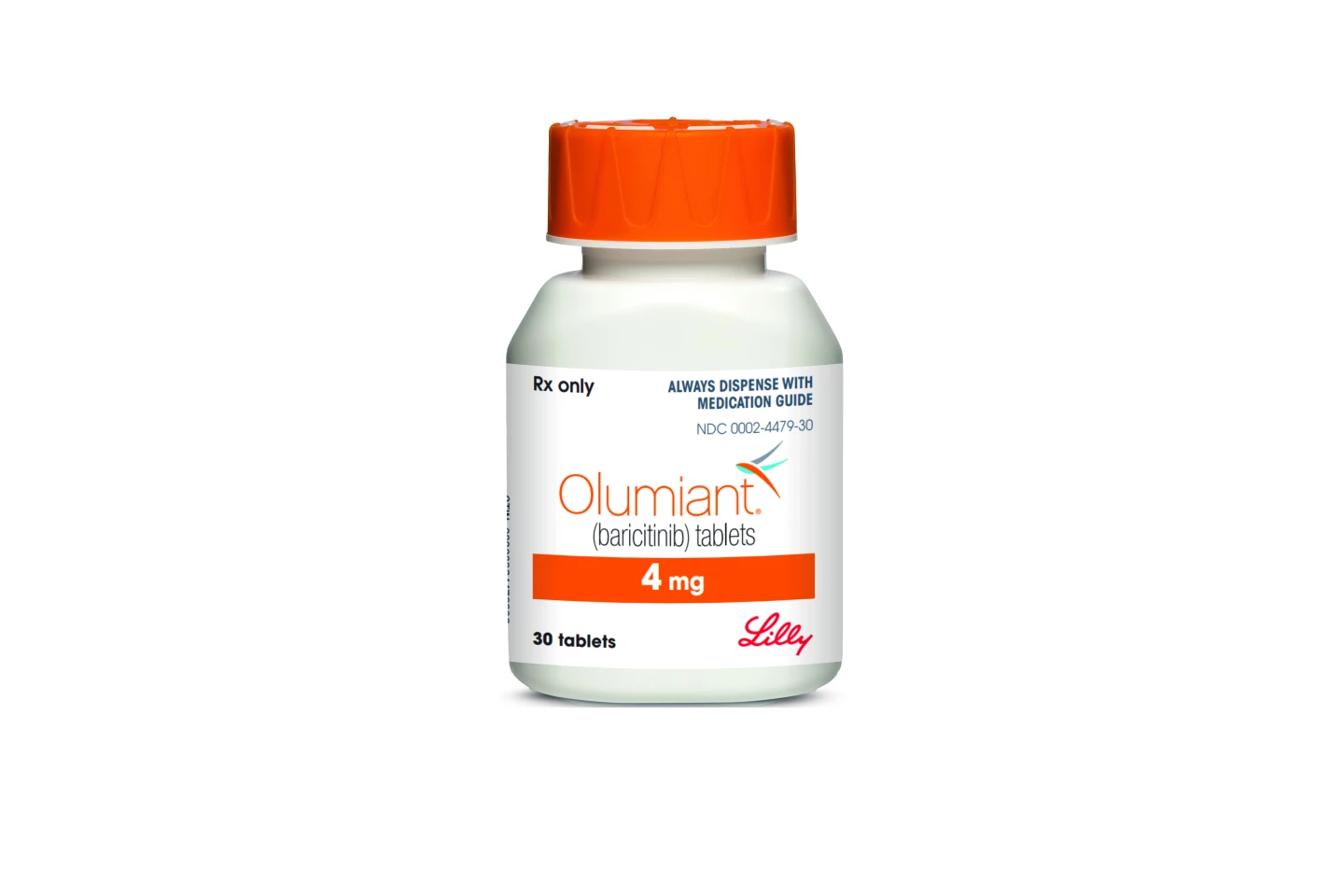The FDA has followed highly promising results from trials demonstrating the hair regrowth potential of a common arthritis drug with a landmark approval, giving baricitinib the green light as a treatment for severe alopecia areata. The move makes the drug the first ever FDA-approved drug for systemic treatment of the disease, and will take the form of a daily pill that proved hugely promising in recent Phase 3 trials.
Baricitinib is a drug originally developed to treat rheumatoid arthritis, and recently began to attract interest from scientists researching treatments for another autoimmune disorder in the form of alopecia areata. This condition affects more than 300,000 people in the US every year, and causes patchy hair loss through immune system attacks on the hair follicles. Prior to today, there were no FDA-approved treatments for the condition.
Scientists began to investigate baricitinib's potential to tackle alopecia areata based on the idea that it could interrupt the signaling pathways that harm hair follicles. Results published in March from Phase 3 trials involving around 1,200 people with the condition showed that around one third of them were able to regrow their hair by taking four-milligram pills of baricitinib each day. Two-milligram doses, meanwhile, also brought improvements in scalp hair coverage in almost a fifth of patients.

To be sold under the brand name Olumiant by pharmaceutical company Eli Lilly, the drug has now satisfied the safety and efficacy requirements of the FDA, leading the agency to approve it as the first in-disease systemic treatment for alopecia areata. That means it treats the entire body rather than specific locations, with the drug to be available in 1-, 2- and 4-milligram daily doses depending on treatment response.
"Today marks a milestone with the first-ever FDA-approved systemic treatment for alopecia areata patients, who face significant challenges every day, including limited public knowledge about the disease, a lack of treatment options and social stigma," said Nicole Friedland, president and chief executive officer, National Alopecia Areata Foundation (NAAF). "The approval of Olumiant can spark hope for many patients and encourage new treatment conversations with their doctors. NAAF wants more choices for our patient community and with the approval of Olumiant, there are now new treatment expectations being established in alopecia areata care."
Olumiant is a JAK inhibitor and works by blocking the activity of one or more families of enzymes, and is not recommended for use with other drugs of this type. Common side effects include respiratory tract infections, headache, acne and weight increase, and it's worth noting that 2.2 percent of participants discontinued treatment due to adverse events throughout the clinical trial program.
“Access to safe and effective treatment options is crucial for the significant number of Americans affected by severe alopecia,” said Kendall Marcus, M.D., director of the Division of Dermatology and Dentistry in the FDA’s Center for Drug Evaluation and Research. “Today’s approval will help fulfill a significant unmet need for patients with severe alopecia areata.”





